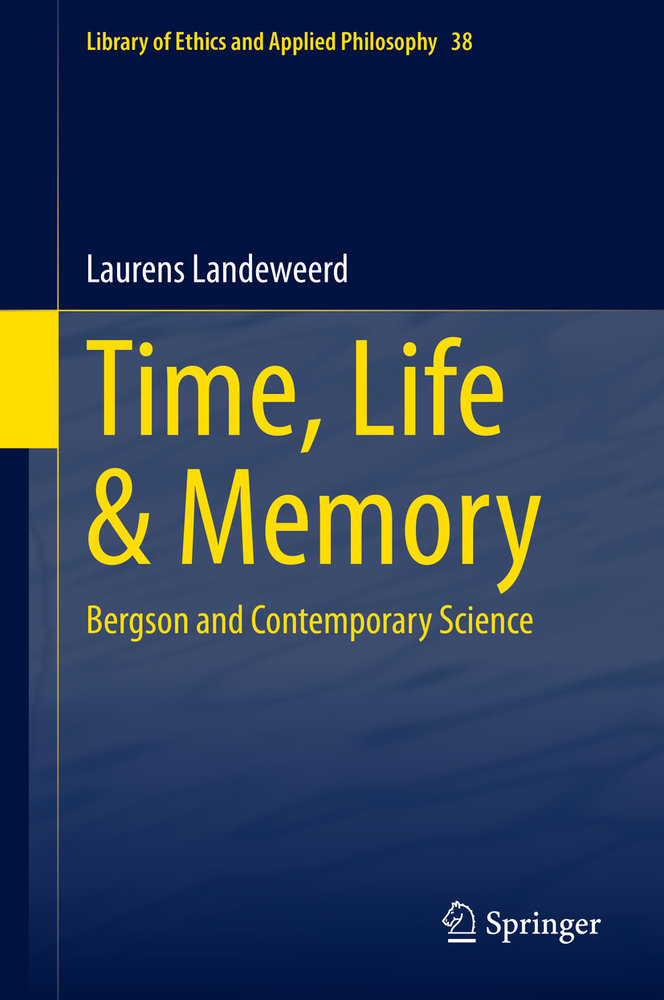This book revitalizes the relevance of the ideas of Henri Bergson (1859-1941) for current developments in exact sciences. It explores the relevance of Bergson's thought for contemporary philosophical reflections on three of the most important scientific research areas of today, namely physics, the life sciences and the neurosciences. It does so on the basis of the three interrelated topics of time, life and memory. Henri Bergson (1859-1941) was one of the most widely read philosophers of his era. The European public was seeking for answers to questions of the soul and the nature of life and fitting within a historical niche between intellectual rationalism and intuitive spiritualism, his writings drew much attention.
This work focuses on the relevance of his philosophy for developments in exact sciences today. The discussion of physics in relation to the abstract and the concrete, the life sciences in relation to concepts of life in relation tonew and emerging biotechnology, and the neurosciences in relation to the dual nature of human identity, focuses on one main topic: time. Time, isolated from experience, as the measure of the events in the universe in modern physics; time as the measure of emergent systems in evolution as the backdrop of the theory of evolution in biology; time in relation to memory and imagination in neuropsychological accounts of memory. The author thus discusses the ideas of Henri Bergson as a basis to unveil time as a living process, rather than as an instrument for the measure of events. This view forms the basis of a novel approach to the philosophy of technology. An exciting book for academics interested in the interplay between hard sciences and philosophy.


